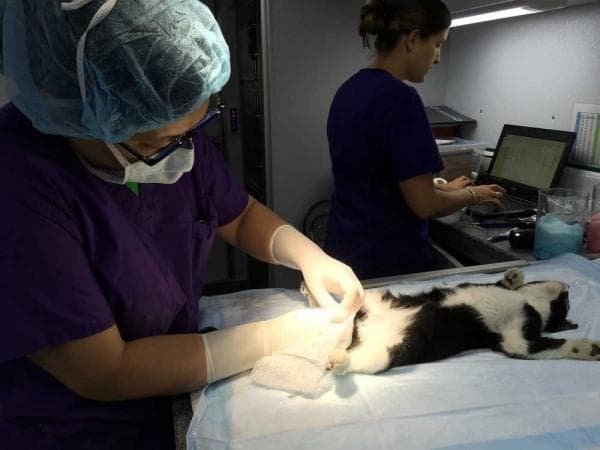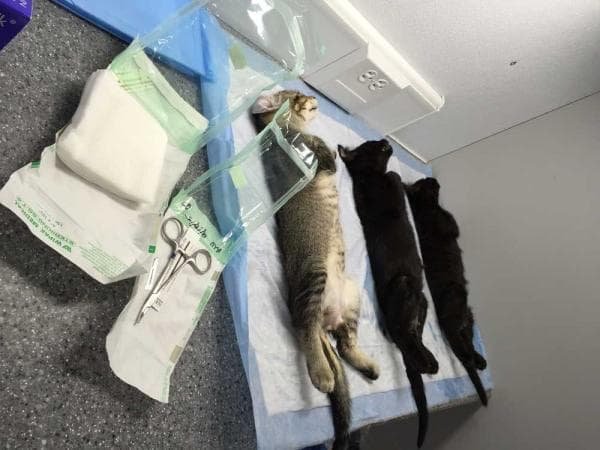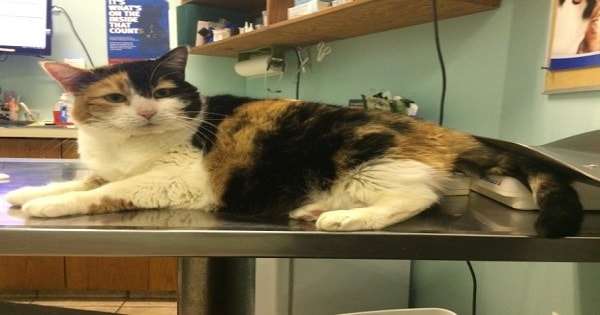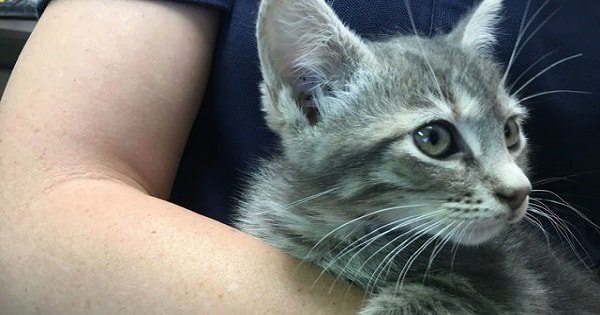TOPEKA, KANSAS – Topeka nonprofit organization is working to spay and neuter cats that roam the capital city has teamed with Kansas State University’s Mobile Surgery Unit in a partnership that lets veterinary students get surgery experience.
The Topeka Community Cat Fix organization, founded back in 2014, is a trap-neuter-return program, commonly called TNR. Susan Schmitz, TCCF board member, said it has been challenging for her organization to find veterinary care.
Originally the group had partnered with The Great Plains Humane Society in Kansas City and then with the Lawrence Humane Society.
Now however, every two weeks, the cats trapped by TCCF will meet up with veterinary students from K-State’s Shelter Medicine Program, and 20 cats each visit will receive vaccinations and get spayed and neutered, Schmitz said.
Bradley Crauer joined the K-State veterinary school team just a year ago to establish the shelter medicine program and its donor- and grant-funded mobile surgery unit, which cost about $350,000.
Three veterinary students rotate to spend two weeks on the road in the mobile unit, traveling to about 12 different organizations across central Kansas and into Nebraska, mostly shelters, he said.
“Topeka Community Cat Fix is the first organization that we have a formal agreement with that is doing community cats, a TNR program,” he said.
Before students joined Crauer on the road, they had to graduate from veterinary school with an average of five surgeries.
“They’re averaging about 50 to 55 surgical experiences in those two weeks, and those are surgical experiences they wouldn’t be getting without this type of program,” he said. “We’re graduating better, more practice-ready veterinarians. If you’re a business and all things else considered equal, and you’ve got two candidates, and one of them is an Auburn grad that has five surgeries, and one is a Kansas State grad that’s had 60, who’s getting hired?”
While the veterinary students are learning about shelter medicine — and Crauer said the rotation makes them more likely to volunteer to help community animals once they set up a practice — Schmitz and other TCCF volunteers are absolutely thrilled by the free surgical procedures the organization receives.
TNR programs are an increasingly popular option communities are now using to tackle their large populations of roaming cats, both Schmitz and Crauer said.
Schmitz said her group, which is funded entirely by donors and run by volunteers, spayed and neutered more than 460 cats in 2015 alone.
They target a zip code, trap the cats, and then vaccinate and spay/neuter each of them. The cats have their left ears partially clipped to indicate that they have been through the TNR program, she said.
“Instead of taking those cats out of their environment, you bring them in, vaccinate them so they’re healthier, you spay and neuter them, which minimizes the likelihood that they’re doing nuisance behaviors, like fighting and spraying,” Crauer said. “You put them back in their regular environment and you return them as a nonreproductive placeholder in that environment. We find that that’s far more effective control than rounding up cats and taking them to a shelter and killing them.”
“I think that’s where the real paradigm switch is going to be in the future in shelters,” he added. “Nine out of 10 cats nationwide that are brought into shelters are unowned community cats. The model that we’ve been using is not working.”
The surgical procedure doesn’t cost TCCF anything because of K-State’s donation of time and talent, but Schmitz said her organization provides the traps, syringes, vaccines and other necessary items.














